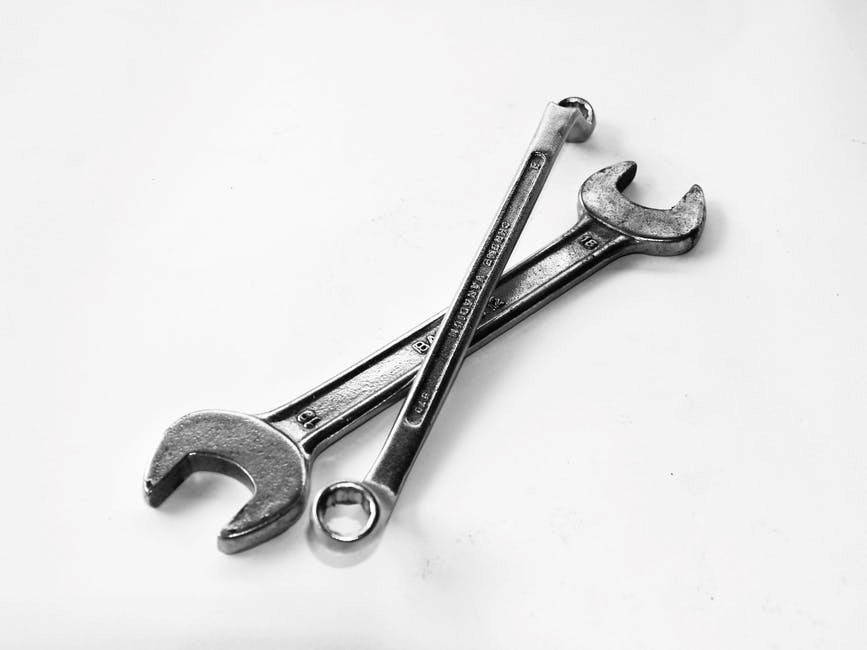
Your heating system is important, and it needs to be looked after. Regular servicing is essential. Whether you have a gas-fired central heating system or an underfloor heating system powered by an underground heat pump.
But how often is ‘regular’? is it every now and then? Or annually, as most companies and engineers say we should?
When to Get Your Heating System Serviced
Do some heating systems need more regular servicing than others? This may be the case. However, with underfloor heating, the minimal amount of moving parts and the simple system mean that problems are rare. It certainly true that an annual service can be an important factor in heading off problems.
Underfloor heating servicing is just as important and although it is largely a trouble-free, there are some checks you should carry out periodically. But what are they?
Underfloor heating servicing checks
Underfloor heating systems use components we see with other heating systems, such as the boiler, circulating pumps and motorised valves. But the underfloor heating itself has a few additional areas that you need to keep an eye on.
Of course, if you are unsure then why not hand over the period or annual servicing of your underfloor heating systems to a specialist?
There are some checks that you perform yourself. You can call an engineer if you know what problems you are looking for.
#1 Underfloor heating manifolds
Your manifolds can be checked annually for leaks. Some manifold leaks are solved by tightening the fittings, but some may be caused by a faulty or disintegrating washer (like in a tap). This will require the manifold to be dismantled, the washers replaced and then re-fitted.
What is a manifold?
Used in underfloor heating, the manifold controls the flow of water through the system.
This allows warmth to circulate throughout the floor as required by the thermostat information. It is an important piece of equipment. It reduces the time taken to install an underfloor heating kit and reduces the number of individual elements needed. Typically, all the pipes in the system will run through the manifold and can also be used in zoning areas too.
#2 Checking underfloor heating pipes
Our underfloor heating kits contain WRAS approved, thick plastic piping that shouldn’t require any maintenance themselves over their lifetime. But like a central heating system, sludge can build up in the pipes as the water circulates when the system is active.
Inhibitors mix prevent this from happening. Your plumber adds the inhibitors when installing the system. Due to the inside of the pipe being smooth, there are rarely any blockages.
However, it is not impossible that this should happen and so, if you feel the system is ‘struggling’, there seem to be cooler parts of the floor etc., then it could be a sign that the system needs flushing and a new mix of inhibitor flushed through.
#3 Flushing the underfloor heating system
A wet underfloor heating system is unlikely to need flushing. The system is made up of separate loops and the affected loop is disconnected from the manifold, flushed through and replaced.
Why service the WHOLE heating system regularly?
There is some truth that a regular servicing of your heating system will bring many benefits;
- Safety. If your wet underfloor heating system is connected to a boiler, an annual boiler service improves safety.
- Efficiency. From saving you money to saving the planet, a regular boiler service can improve its efficiency. This effectively doubles savings when it comes to underfloor heating systems.
- Lasts longer. No one wants the expense of replacing their heating system before they need to. Looking after it makes financial sense.
- Peace of mind. Finally, there is a peace of mind too, knowing that your heating system is in great shape.
When winter bites, you want to be confident that you have done everything you can to ensure your underfloor heating is in ship-shape to deliver heat when you need it most. And that includes all components of your underfloor heating. Remember, spotting problems earlier means cheaper and quicker repairs in most cases!
